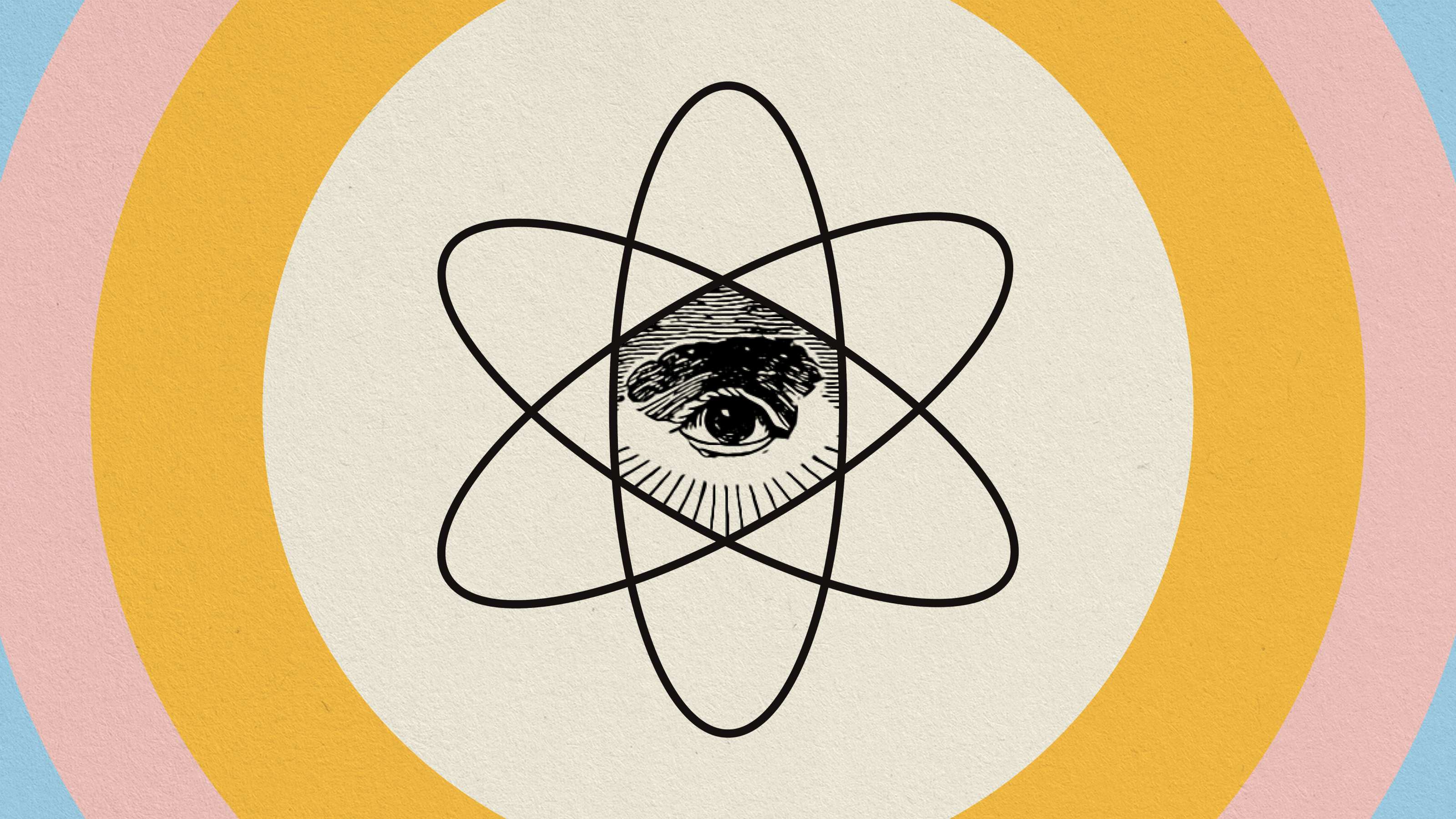PETER SINGER: I was moved to write this book because I was aware that there are so many people in extreme poverty in developing countries who we can help. There are effective organizations. We can assist them and save their lives or restore their sight if they're blind or prevent them going blind, many other things that we can do. But a lot of people don't realize how cheap it is, basically, to save a life of somebody in a developing country, whereas here in the United States or other affluent nations, we would spend hundreds of thousands, perhaps millions of dollars to save the lives of people who are very ill through intensive care units, we save their lives. But for the amount that we're spending to save one life here in the United States we could maybe save many hundreds or a thousand lives in developing countries. It seems, to me, wrong that we are not doing something about that when we have this opportunity to help people at relatively little expense. We're not doing that and instead we're buying ourselves things that we don't really need. Things that might range from expensive cars to simply buying bottled water when we can drink the water out of the tap. All the time we're spending things that either by themselves or added together could save somebody's life or give somebody a much better quality of life.
There is something about human nature that makes it harder for us to give to strangers, especially distant strangers who we don't really see. And that's because we evolved from our primate ancestors already living in social groups as chimpanzees, for example, live today in small social groups where they know each other. Every chimpanzee in the group recognizes every other chimpanzee in the group and knows that they're part of their group. So they will help each other in need. And as we emerged we also lived in small groups. Gradually, they got bigger—a lot of anthropologists think that the typical human society was about 150 individuals. But still if you're living with 150 individuals all your life you will get to know them all. And so you develop an ethic of helping other people in your group and you develop a kind of emotional response to seeing their needs and you would go and try to help them and meet their needs. But now that we're living in societies of tens or hundreds of millions of people and a world of billions of people we don't have that personal connection. So we can't rely on that immediate emotional response to someone else's need and to someone who we know.
So we have to really use our head as well as our heart. I think our emotions are still there. We still have a sense that it's bad that people should suffer. It's bad that children should die. But we have to do that operation in our head of saying yes, and even though I can't see these people I know that they are dying. I can read the statistics, the report on this. I know that there are organizations that will take my donation and reduce the number of children dying. So that's what I want to do. But that's a step that isn't based on a kind of evolved intuitive response. It's a step that really has to come out of our rational reflection on who we are, where we are and where the other people in the world are.
Well there are still many challenges in relating to helping people in poverty, but one of them is simply the failure to put sufficient resources really targeted to help people who are very poor. Now I know a lot of Americans will say hey, wait a minute. Isn't our government the biggest donor of aid in the world and aren't I already doing that through my taxes? A lot of people don't realize that even though in dollar terms the United States is the biggest donor, it's also a very big economy and as a percentage of the economy size, of the gross national income, the United States is actually giving very little. It's giving about 21 cents in every hundred dollars that the nation earns. So less than a quarter, a couple of dimes for every hundred dollars that we earn. And that then doesn't look so generous. Plus, a lot of this aid is not targeted to helping the world's poorest people. It's used for strategic purposes. So at the moment the biggest recipient of U.S. aid is Afghanistan because we have troops there. We're fighting a war there and we want to get support and goodwill by donating aid. Prior to that it was Iraq when we were fighting the war in Iraq. And Iraq certainly was never one of the poorest countries, it always had a lot of oil revenue. There are many other poor countries in Sub-Saharan Africa, for example, who get very little aid from us because they're not strategically that significant.
This is a barrier really to try to get more resources going where it's needed most. And that's why in the book I ask people to check online at websites like The Life You Can Save for the most effective organizations that really have thought about these issues, that know what to do, that are directly helping the poor. In some cases they're advocates for the poor like one of the organizations recommended by The Life You Can Save is Oxfam because Oxfam is an international advocate for the poor, trying to promote better trade deals for the poor, for instance, to help them trade their way out of poverty; trying to stop bribery and corruption by getting companies that are extracting oil or minerals from poorer countries to publish how much they're paying to the governments of those countries so that the people know what their governments are getting and can try to hold them accountable for the money they're receiving. So there are lots of ways, both directly and through political advocacy, to try to really continue to reduce extreme poverty.





